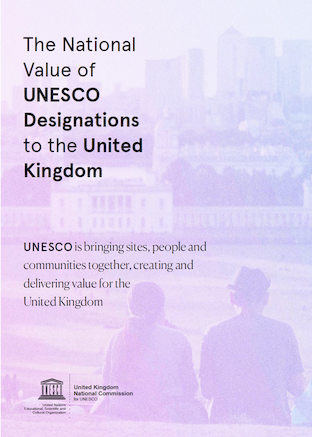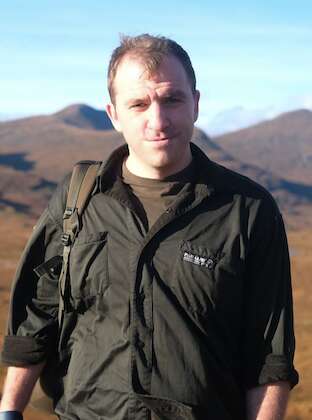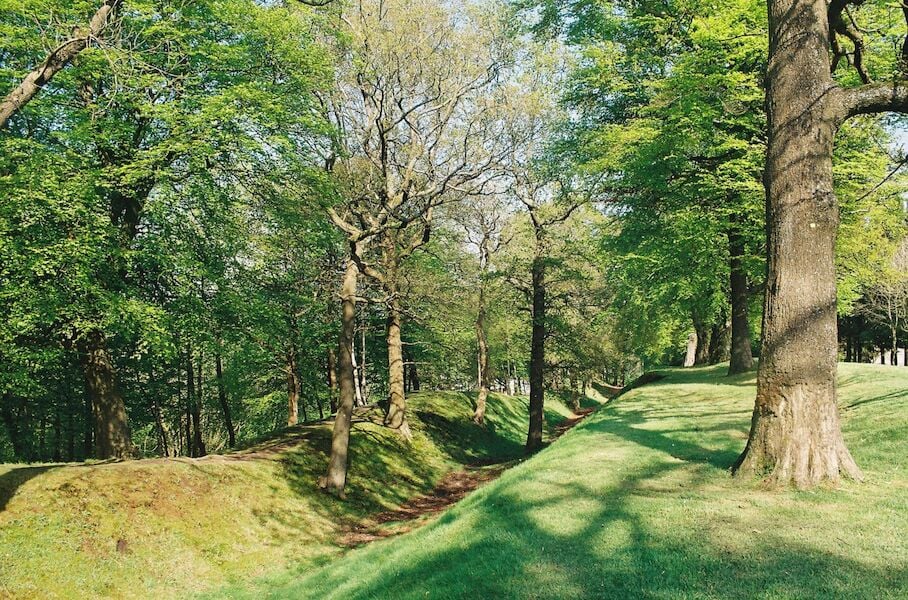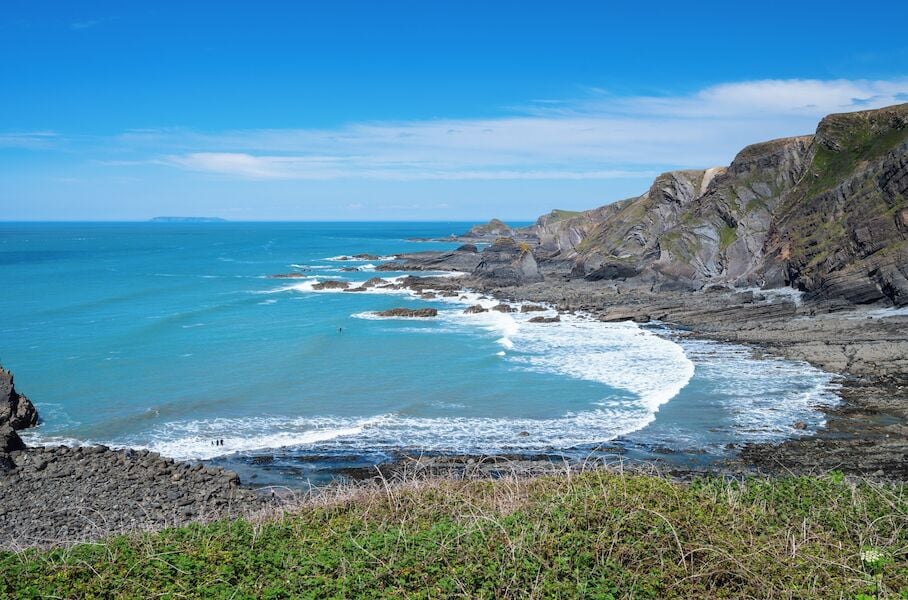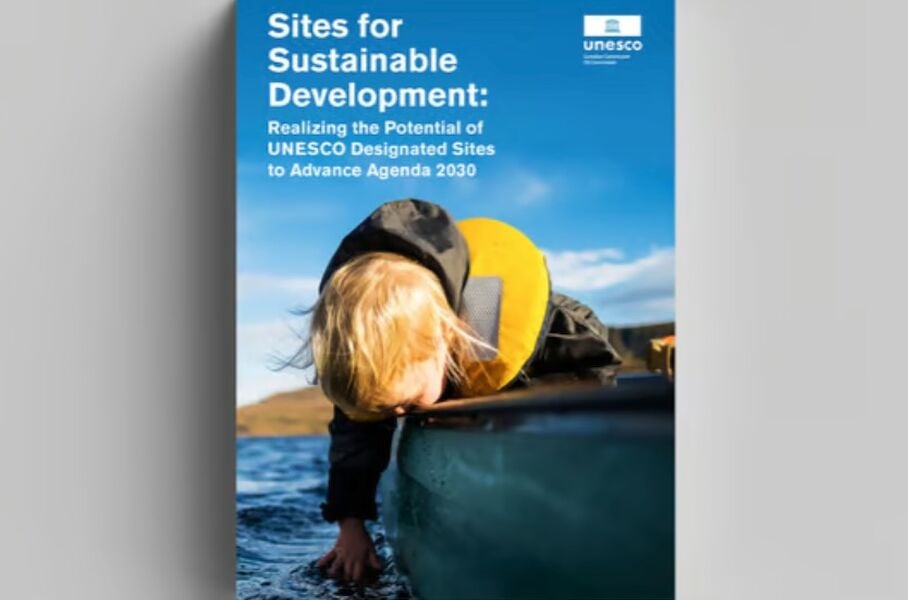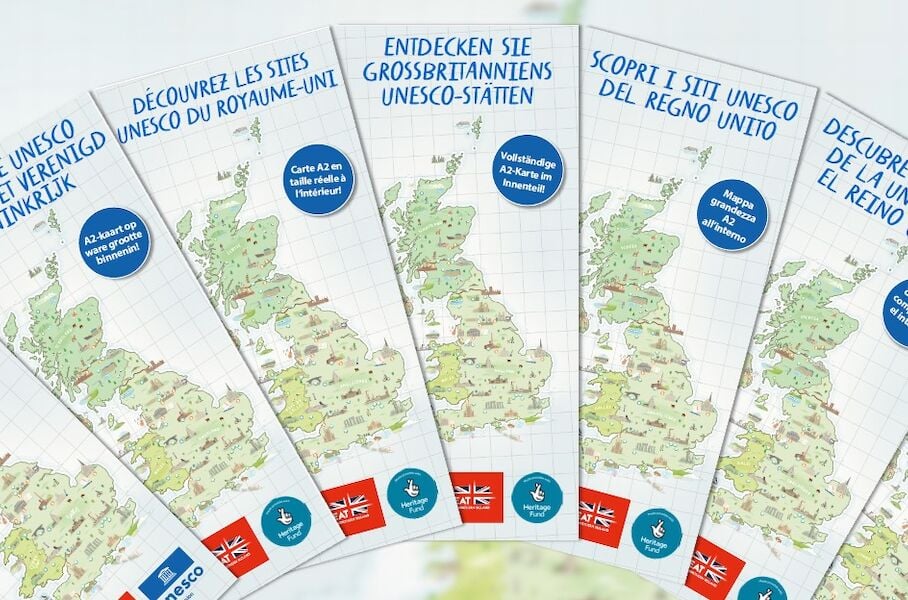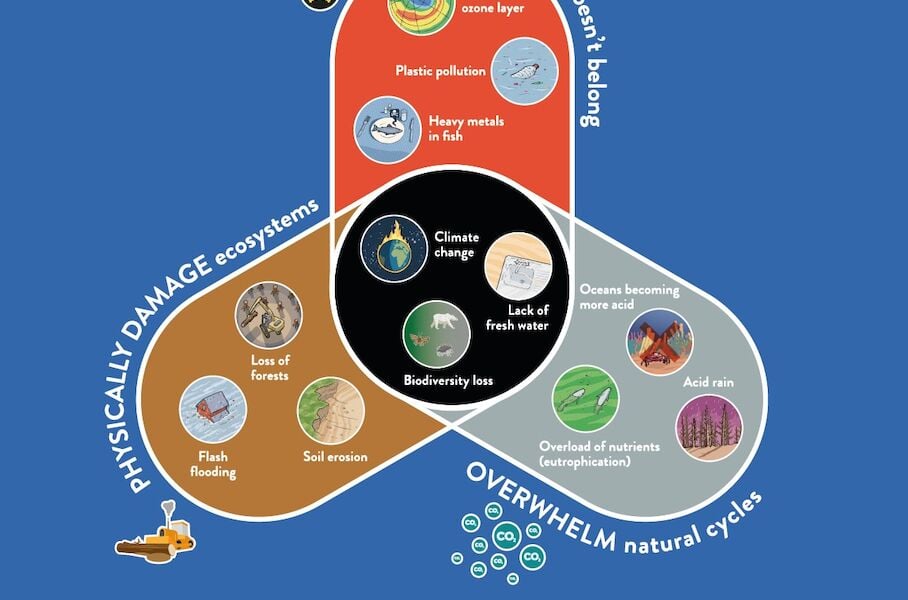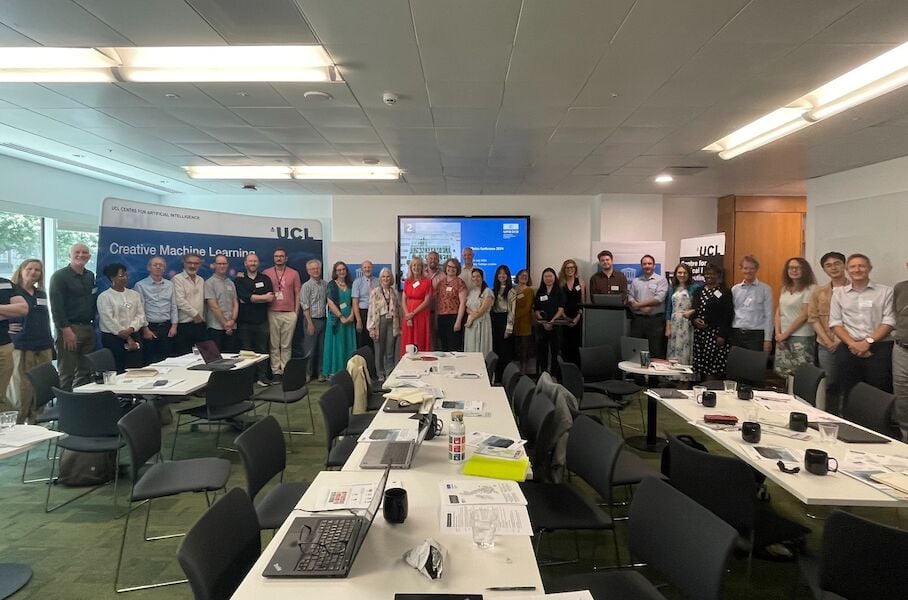National Value of UNESCO to the United Kingdom
This major research study shows how UNESCO is bringing sites, people and communities together, and creating and delivering value for the United Kingdom. The research demonstrates that UNESCO designations deliver the UK’s commitment to creating a more sustainable, peaceful and equitable future at a local, national and international level.
Set up as a specialised agency of the United Nations in the wake of the Second World War, UNESCO harnesses the power of Education, Culture, Science, Communication and Information to advance global peace building, sustainable development, intercultural dialogue and the eradication of poverty. But what is the reach and value of UNESCO in the UK?
The UK is home to over 150 UNESCO sites and projects, involving an impressive network of experts, stakeholders and communities, determined to advance UNESCO’s mission. Although different in nature and focus, UNESCO designations are united in their efforts to enhance peace, sustainable development, and foster a better understanding of the world.
The 2020 programme analysed and captured how the UK benefits from these diverse UNESCO designations, and how their UNESCO status helped them to deliver their project initiatives.
The report finds that not only are UNESCO designations delivering financial benefits (£151 million each year), UNESCO designations have a far-reaching impact on communities, culture and nature. They are custodians of heritage, drivers of knowledge, and testing grounds for innovation. They build bridges between people, culture and nature. They are triggers of creativity and stepping stones for collaboration.
Key Findings
Financial
Having the official status of a UNESCO designation enables sites and projects to attract additional income. For the 76 UNESCO designations surveyed for this project, the UNESCO status helped them to generate an estimated £151 million in one year (2019).
The UK and devolved governments offer the most significant source of funding followed by tourism, private legacies and the National Lottery Heritage Fund. The research found multiple reasons behind the ability of the UNESCO status to leverage funding. These included:
- Recognition of the UNESCO brand as a driver for tourism.
- International recognition for the global importance and significance of an area.
- Educational projects and initiatives.
- UNESCO’s ability to capitalise on global networks.
- Governance mechanisms, such as World Heritage Site Management Plans that provide shared fundable and coherent visions for the future of site or area.
Wider / Intangible Value
While funding and capitalising on the UNESCO status is vital, it is only part of the story. This report also demonstrates how the wider value of the UK’s designations lies in their rich and creative contribution to the UK’s environment, culture and communities, and potential to assist the UK in meeting the 2030 United Nations Sustainable Development Goals.
This research reveals there were over 1,300 UK organisations tied to the UNESCO network through their partnerships and cooperation with designations in the UK. Furthermore, UNESCO designations offer critical opportunities for civil society to engage in the United Nations’ values locally, nationally and internationally.
The UK National Commission for UNESCO identified five broad activity areas in which all UK UNESCO designations engage to deliver their objectives:
- Conservation
- Research
- Education
- Capacity building
- Planning and management
Recommendations
Enhance and extend the value of the UNESCO brand in the UK
- Create unifying brand guidelines for UNESCO designations in the United Kingdom in collaboration with the UNESCO Secretariat in Paris and its forthcoming communications strategy.
- Raise the profile of the UNESCO brand in the UK through national campaigns and international days and/or events.
Facilitate and enable stronger cooperation between different designations
- Design a programme to help designations recognise synergies, and build community resilience and well-being.
- Develop the use of conservation, research, education, capacity building and planning and management and how they address the SDG framework.
- Enhance and extend the value of the UNESCO brand in the UK Facilitate and enable stronger cooperation between different designations.
- Create an internal resource for UNESCO designations in the UK where they can share best practice, develop joint initiatives and connect with the UK National Commission for UNESCO and key partners.
- Help make UNESCO’s global mission, standard-setting instruments, global programmes, and broader UN values relevant for designations.
- Help UNESCO designations engage in SDG reporting mechanisms across the UK and within UNESCO’s global networks.
- Provide a central point for gathering data on the contribution of UK designations to the thematic culture indicators.
Help UNESCO designations attract more funding from new and existing sources
- Encourage and support designations to diversify their funding and improve their financial resilience.
- Promote work with partners including UK and devolved governments, designation lead bodies and other stakeholders to explore a range of public, charitable and philanthropic funding sources.
‘At a time when we all look for solutions to build more resilient societies after Covid-19, UNESCO sites offer a wealth of concrete actions to reinvent our relationship with nature, to develop decent jobs and foster social cohesion. This report by the UK National Commission for UNESCO is a blueprint for sustainability, and I believe all Countries can take inspiration from this research.’
UNESCO Director-General, Audrey Azoulay, in Paris, France, 25 June 2020

